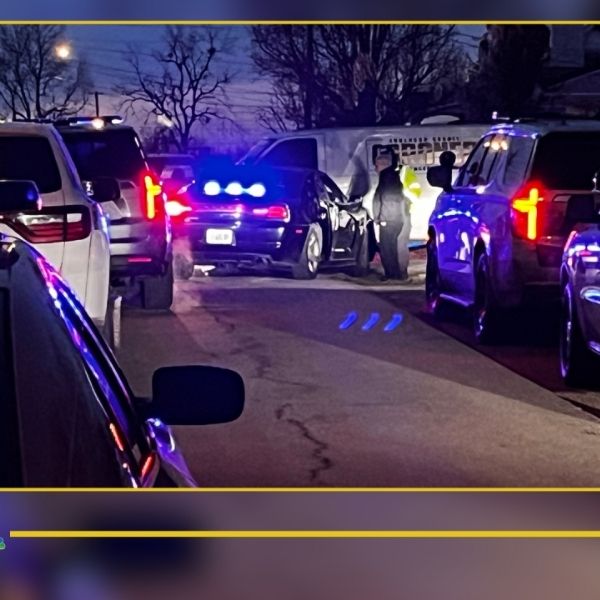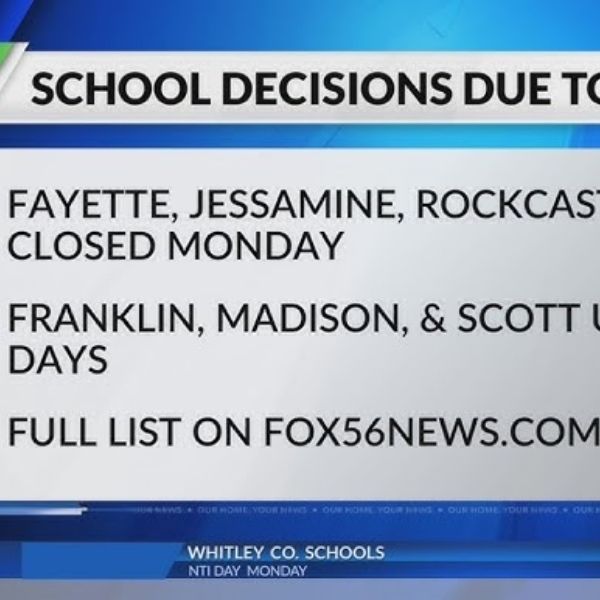SPRINGFIELD, Ill. — Illinois lawmakers have passed HB 1312, a landmark bill expanding civil protections for residents against federal immigration enforcement and establishing stronger accountability mechanisms for constitutional violations. The legislation, approved during the October 30–31 veto session, now awaits Governor JB Pritzker’s signature.
The measure—known collectively as the Illinois Bivens Act and the Court Access, Safety, and Participation Act—passed with strong support, clearing the Senate in a 40–18 vote and the House 75–32. It represents one of the most comprehensive state-level immigration protection packages in the country.
Key Provisions of HB 1312
Civil Remedies for Rights Violations
The Illinois Bivens Act enables individuals to sue anyone who violates their constitutional rights during civil immigration enforcement. Victims can seek monetary, injunctive, or declaratory relief, with violators facing $10,000 in statutory damages for false imprisonment, plus actual and punitive damages.
Courts must also consider aggravating factors such as whether an officer:
-
Wore a facial covering,
-
Failed to identify themselves,
-
Did not activate a required body camera, or
-
Used crowd-control equipment during the violation.
Successful plaintiffs are entitled to attorney fees, expert witness costs, and litigation expenses, ensuring access to justice for affected individuals.
Court Access and Safety Protections
The Court Access, Safety, and Participation Act reaffirms longstanding privileges protecting people attending court from civil arrest. The law establishes a 1,000-foot safety perimeter around Illinois courthouses, covering buildings, parking lots, sidewalks, and nearby streets.
Violations can result in $10,000 in statutory damages and additional compensation for false imprisonment if the perpetrator knew—or reasonably should have known—the person was appearing in court in good faith.
Health Care Privacy and Enforcement Limits
The Health Care Sanctity and Privacy Law imposes strict limits on law enforcement access to hospitals for immigration-related actions.
-
By January 1, 2026, general acute care hospitals must implement policies designating points of contact for law enforcement, verifying officers’ authority, and protecting patient privacy.
-
Other hospitals have until March 1, 2026, to comply.
Hospitals must also ensure that federal agents have a valid judicial warrant or court order before entering patient areas, with limited exceptions for emergencies initiated by hospital staff. Facilities that fail to adopt these policies could face fines of up to $500 per day.
Patients are granted enhanced control over their medical information, including the right to amend or redact immigration-related data such as place of birth, passport details, or work authorization papers.
Education and Child Care Protections
Public universities and community colleges must create law enforcement review procedures by January 1, 2026. These policies require documentation of interactions with immigration authorities and consent from students or employees before granting access to campus.
Educational institutions are prohibited from:
-
Disclosing or threatening to disclose immigration status information,
-
Designating immigration or nationality as “directory information,” and
-
Withholding access to know-your-rights training.
Licensed day care centers must also adopt policies barring disclosure of children’s or families’ immigration status unless required by law. If a parent or guardian is detained, centers must follow emergency contact and short-term guardianship procedures to protect children’s welfare.
Worker and Whistleblower Protections
Amendments to the Illinois Whistleblower Act expand safeguards for employees reporting violations of the Illinois Bivens Act. Employers are prohibited from retaliating by contacting or threatening to contact immigration authorities regarding a worker’s status.
Qualified Immunity Clarified
The legislation preserves qualified immunity for government employees—including police officers and court personnel—acting lawfully within the scope of their duties. This ensures that legitimate public functions remain protected while still allowing accountability for unlawful or abusive conduct.
Upon the governor’s approval, the new law will take immediate effect, positioning Illinois at the forefront of state-level protections against unconstitutional immigration enforcement.
This article has been carefully fact-checked by our editorial team to ensure accuracy and eliminate any misleading information. We are committed to maintaining the highest standards of integrity in our content.











Leave a Comment